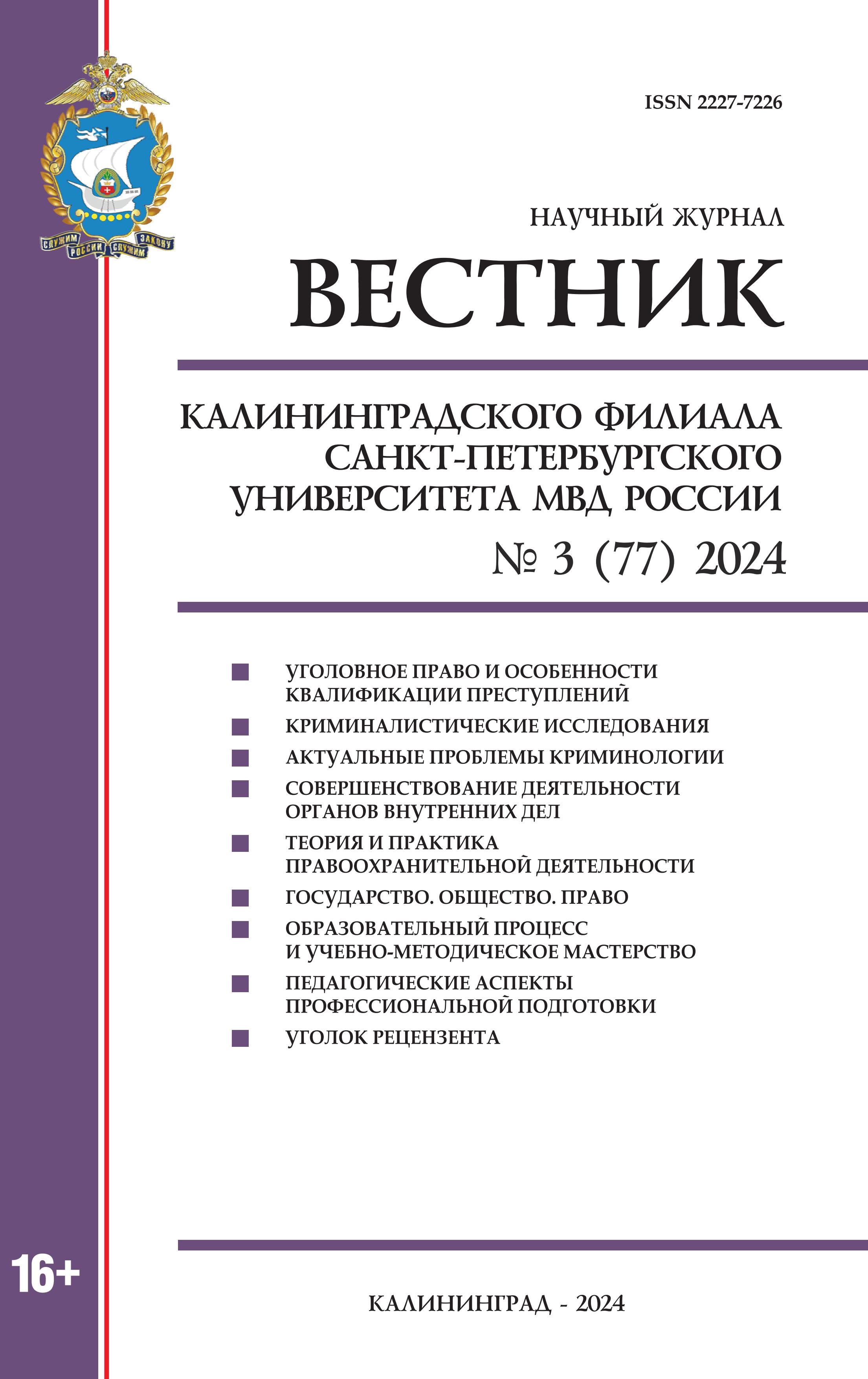Introduction. Currently, cases of dissemination of information of criminogenic content in telecommunication networks are increasingly being identified. The article presents the results of a scientific study of problems related to the need to strengthen counteraction using criminal law means to the dissemination of destructive content in the information space in the form of trash streams. Theoretical issues of social determination of criminalization of destructive behavior in the format of trash streams are also considered. Methods. The study used the general scientific dialectical method of cognition of the surrounding reality, which involves a complete and comprehensive study of phenomena, consideration of the connections and contradictions between them. In addition, the methods of induction, deduction, analysis and synthesis, the system-structural method, and the dogmatic method were used. Results. The authors formulated conclusions on the directions of counteraction to the dissemination of destructive content in the information space, including legislative ones. The paper substantiates the proposal to amend the Special Part of the Criminal Code of the Russian Federation by including Article 242.3, which regulates liability for organizing and (or) conducting trash streams, as well as other participation in them by a person subject to administrative punishment or having a criminal record for similar acts. The author's version of this article is presented, which increases the practical significance of the conducted research. It is also proposed to amend Article 13.15 of the Code of the Russian Federation on Administrative Offenses in order to ensure intersectoral coordination of regulatory requirements.
Criminogenic information, information and telecommunication networks, destructive content, trash stream, criminal liability, changes in legislation, public outrage, crime







